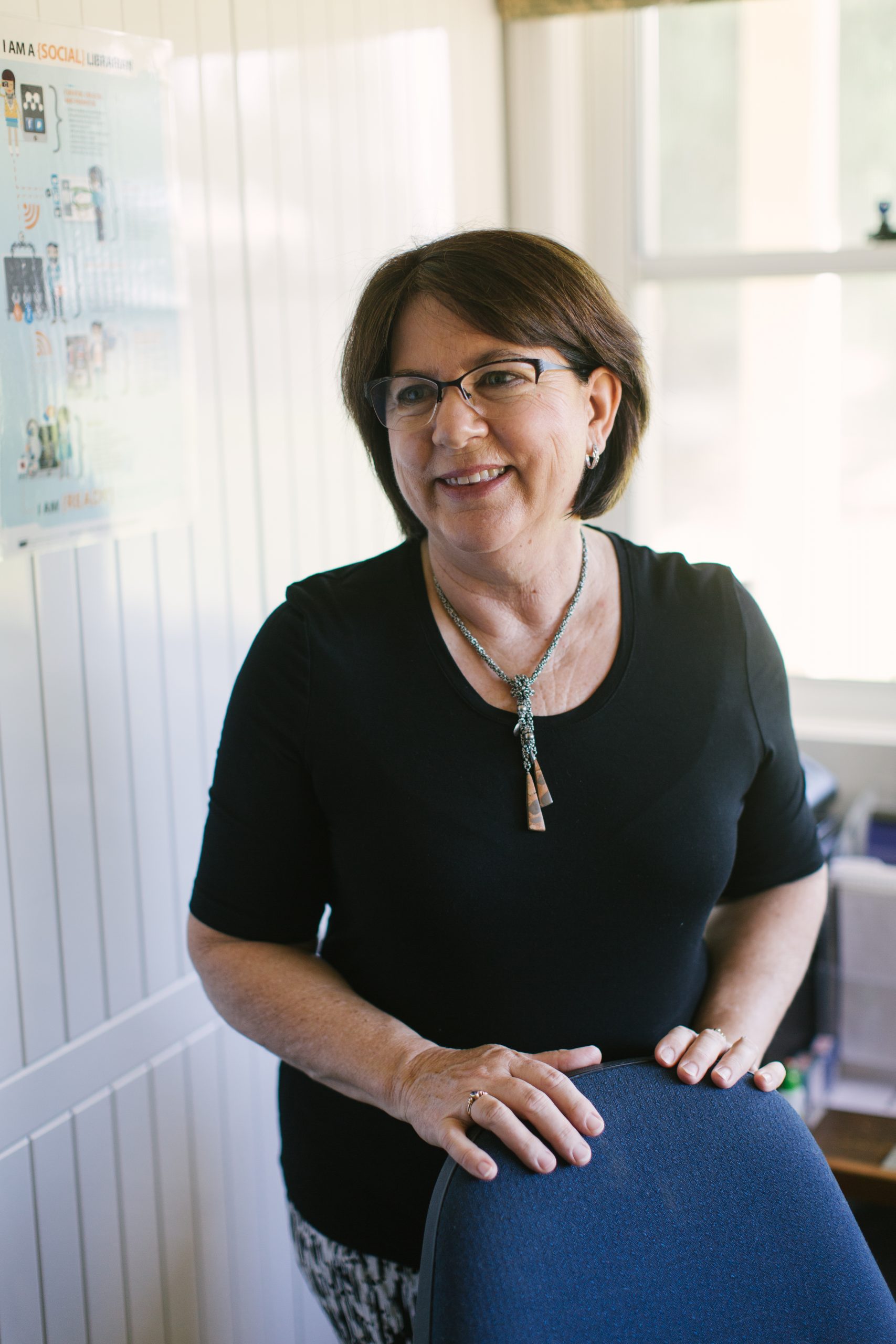Finding a Job
in the Regions Getting work or building a career has changed so much in the last 10 years or so, actually, it has changed exponentially in the last 2 years. Not only does the world seem to be a smaller place but Australia and the regions seem to be smaller places too. By this, I mean that just because you live in one part of the country doesn’t mean that is the only place you can work. More and more people are able to be remote from their work.
“In the Day”
I grew up in rural NSW and lived there most of my life. I know from my own experience’s that word of mouth played a key part in getting work. When I first left school (many years ago)
The best way to look for work was to ask around at local businesses, find out about a vacancy from someone you knew or look in the classifieds of the local paper.
There were limited professional jobs in the bush, so usually if you wanted a professional career you would have to go away to either a large regional centre or the city. This lack of professional positions affected people moving to country towns too. People often wanted to come back to their home town once they had their qualification but many couldn’t because they couldn’t get work in their field.
Another group who were affected by this lack of professional careers were professional (usually) women who met local farmers and moved to rural and regional communities to be with them but then couldn’t get the professional work they had trained for.
A solution for some professionals looking for work in rural and regional areas was to broaden their options for employment. This could be completing the
Certificate IV Training & Assessment or a Diploma of Education. These qualifications meant you could either teach in a school or at the local TAFE.
I know for myself when I qualified there were no vacancies in my area of study so I did the Certificate IV Training and Assessment and got work teaching at TAFE. I have never regretted having this qualification it has been so useful to me in almost every position I have had including my current business.
The more things change
We all know getting a job has changed a lot in the last few years. We can study from home, connect and communicate with an ever-expanding lot of people through Social Media. We can find work online with online job sites such as Seek and Indeed, and increasingly we can work from home, for our local employers or employers based on the other side of the country or even another country altogether.
Technology has been providing people in rural & remote areas with accessible skill development and study options for years.
With online learning platforms and remote classrooms, online study broke down the barriers of geographic disadvantage by enabling people living in rural and regional Australia new opportunities. Yet there was reasonably slow pickup by employers. Employers wanted people in their workspace, probably for a number of reasons: communication, teamwork, fear of what might happen if they weren’t there to oversee everything ie accountability.
The last 12 months with so many people working from home due to COVID-19 has provided evidence that working remotely works and can in fact be very beneficial to employees and employers alike.
The more things stay the same
As I said “in the day, word of mouth was a very helpful way to find a job” and it still is. The people you know can give you information about jobs they have heard about, they can also tell their employers about people they think will be great for the job – namely you.
Employers love getting a referral from someone they know, and trust. Not only does it cut down on interview time but if they get a referral they can feel a lot more confident that the person will fit in and do the job well.
Now, of course, our network is so much bigger than it once was, with LinkedIn and other social media sites such as Facebook you can meet new people, join professional or interest groups and by contributing demonstrate not only your knowledge but your helpfulness and teamwork.
There still are limited professional jobs in rural and regional communities but with technology, remote work is lowering that particular barrier. In the past, more people had to make the choice between living rurally or a career. Now they can study online, gain a profession and build a career whilst still living in their rural or regional area. This is why it is so essential for the regions to have good internet and phone service, it breaks down the barriers of isolation.
Remote possibilities
Remote work was more difficult to get even 5-6 years ago as slow internet connections in rural and regional areas made working remotely nearly impossible. I remember when I use to have a book next to the computer so I could read while I waited for stuff to download. Once we got reliable & decent download times our imaginations were able to come up with all manner of opportunities.
Rural and remote workers have embraced digital communication technology! Being able to use video conferencing and other communicaiton tools has created a bridge to other workers, their supervisers and opened doors to remote work.
There is also a move from the city to the country. According to The Regional Australia Institute’s first article of 2021 the regions are expanding with some areas have a job vacancy increase of 25% as opposed to some capital cities have a 27% decrease. Being prepared to come to the country to work can actually fast track your career. Small towns find it hard to fill positions, especially some professional positions such as engineers so if you come to the country you can gain a wealth of experience that you wouldn’t have gained in a more populated area and this can help you move up the ladder more quickly as well.
Welcome Change
It has been a long time coming but I think remote work facilitators like Pointer Remote Roles are going to open doors for individuals who want to live and work in rural and regional areas. They also provide support and opportunity to rural and regional businesses and communities to see remote workers as a viable option.
Employers attitudes to remote workers are changing, they can see how being able to choose the right person with the right skills is better for their business.
Employers have found it difficult to see the necessity for moving to practices that include a substantial number of remote workers. Understandably incorporating big changes not just of processes and systems but of mindset just hasn’t been at the forefront of their minds. Then COVID-19 happened and fast-tracked the need for working remotely. The change has happened exceptionally fast with businesses having to implement new systems, technology and procedures on the fly, and employees had to learn new skills and juggle home and work. Acceptance of these changes seems to have taken the same swift path which should have a positive effect for rural & regional people, businesses and communities.
Keeping the remote door open
One area we should be looking at as rural and regional people is how employers and employees will negotiate the “remote’ and in office work balance. Initially there wasn’t any choice in the “working from home” scenario and communication, team dynamics and productivity were part of the “we are all in this together” focus.
As we are slowly changing and more people are going back to the office it is very important that we start strategising on how it is going to work with some people at home, some in the workplace and some doing both.
How will this affect the team dynamics, the clear communication of mission, strategy, tasks and responsibilities?
As remote workers, employers and communities we need to be at the forefront of these discussions or our hard-won opportunities may be eroded with a “back to normal mindset”.
Interested to know more?
So many things to know and consider when you are wanting to start, change or progress your career.
If you are confused about what you want to do, what skills you need to have and need help investigating the best options and making the right decisions for you, then come and take to Jo or Kate at Expand Careers.
We will use our narrative counselling skills, knowledge and experience of the career and education industries to coach you to success. Take advantage of the free 30 minute “Right for You” consultation.
Booking a consultation with a Career Counsellor is your first step to taking control of your working life.







0 Comments